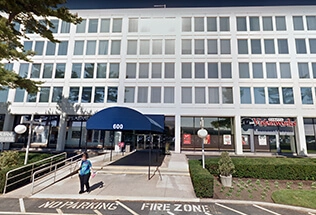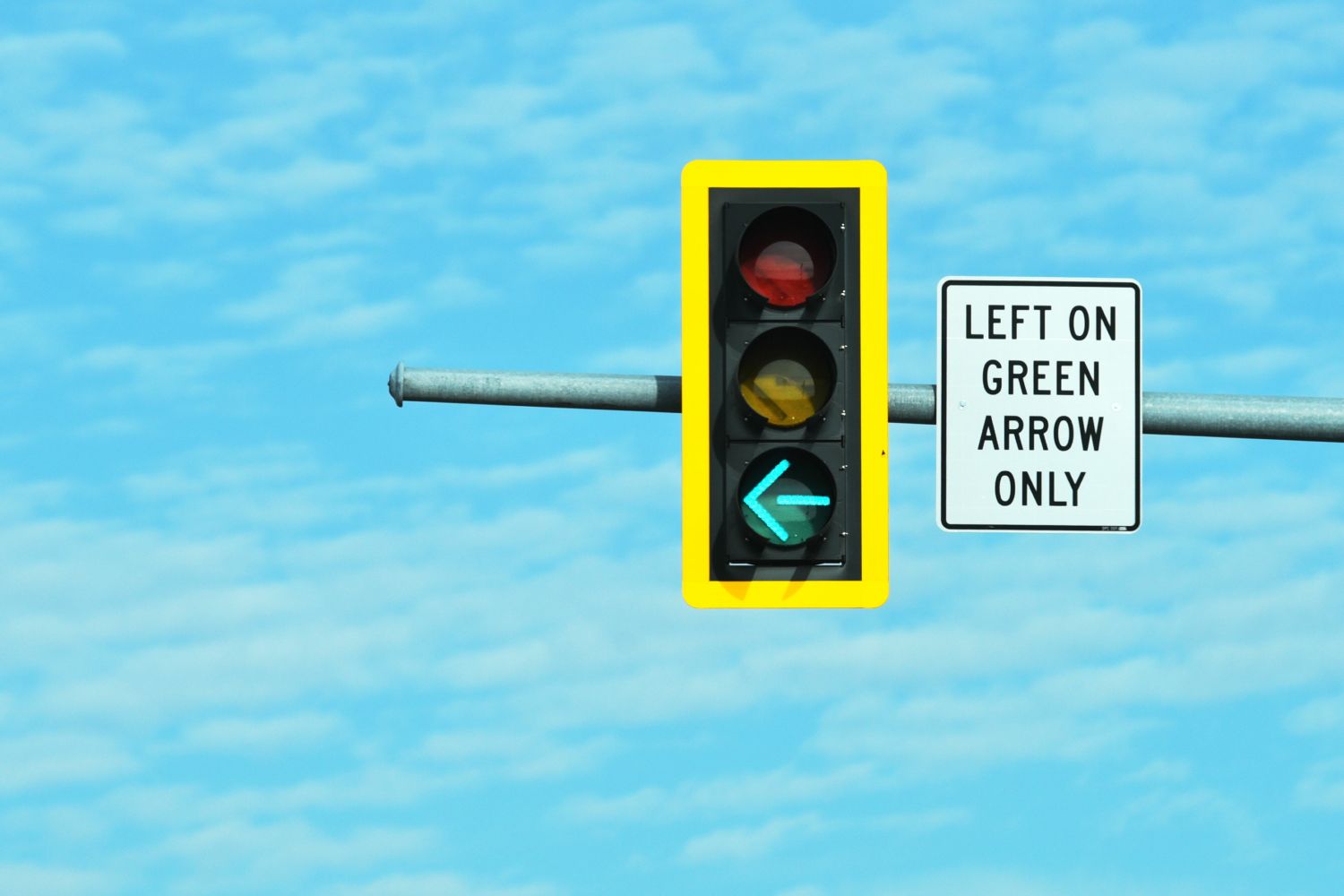The invention of the internet has greatly impacted society, including our legal systems and how they operate. People can connect in ways we never imagined, and many of us are part of at least one social media network.
To most people, social media networks like Instagram or Facebook are platforms where they can keep up with friends, family, or public figures. However, posting about your life on the internet may not only pose risks to your privacy; it can also put you at a legal disadvantage.
If you have filed a case or claim that has still not been resolved, what you post on social media can be used as evidence against you by an opposing party.
In the age of technology, it’s important for all of us — especially those of us with ongoing lawsuits — to be aware of what we post online and the consequences we may be up against if our posts are brought up in court.
A skilled lawyer can help you build your case against any evidence an opposing party may present to prevent you from receiving a settlement. For legal guidance with your case, get in contact with Schwartzapfel Lawyers by visiting us online or calling 516-342-2200 today.
What Is The Personal Injury Lawsuit Process?
To better understand how social media evidence can be used against you in a personal injury lawsuit, you should make yourself familiar with how personal injury lawsuits work.
After an incident, the first step you should always take is to see a doctor or medical professional. This helps ensure that you receive the treatment you need and that there is a record of your injuries.
After that initial step, there are a few key phases of a personal injury lawsuit you should learn about.
Investigation
During the investigation phase of a personal injury lawsuit, a qualified lawyer will examine your case and the events surrounding your injury and losses. Here, they can gather documentation about the incident, including but not limited to:
- Videos and photos from the scene of the incident
- Medical records of your injuries.
- Police reports or other reports of the accident or incident.
- Witness statements from the scene of the accident or incident.
- Personal information.
Investigating an accident or incident helps establish how and why it occurred and prove whether it occurred because of negligence on behalf of an at-fault party.
Filing Your Lawsuit
Once the investigation period is over and you have all the information you need for the case, the right lawyer can then file an official claim against the at-fault party.
It is at this point that the opposing party typically receives notification of your lawsuit against them, after which they will begin assembling their defense.
Discovery
During the discovery period, your seasoned lawyer exchanges claims with the opposing party. This is an important part of the lawsuit process, as you may be able to more clearly determine what arguments or evidence the other party has against you.
Note: In this phase of the lawsuit process, an opposing party may use social media evidence to try to undermine your claim.
For more on this now and at no charge, simply dial 516-342-2200 and allow Schwartzapfel Lawyers the honor and privilege of fighting for you!
Negotiation and Trail
Personal injury lawsuits are resolved through negotiation or trial. If both you and an opposing party agree on a settlement based on the information exchanged in the discovery phase, then you may not need to take the case to trial.
However, if neither your seasoned lawyer nor an opposing party agrees on a proposed settlement, then the case may be taken to court to be tried in front of a jury. If this occurs, you’ll want a strong, compelling case. Any evidence against you at any point in the lawsuit process can hurt your chances of securing a favorable verdict.
Hiring a knowledgeable lawyer before you file a personal injury claim can help ensure that you gather the information necessary for your case to succeed. To this end, you can reach out to Schwartzapfel Lawyersnowby dialing 516-342-2200 or visiting us online to schedule your free consultation. No matter your situation, we will fight for you every step of the way.
What Are Social Media Evidence Laws?
Like in the case of all other types of evidence, some regulations govern whether or not social media evidence is admissible and can be used in court.
However, because the law has yet to catch up to many of the problems and situations posed by the growing use of the internet and technology, the laws governing social media evidence can be unclear.
Generally speaking, however, social media evidence can be used in court if it fulfills certain requirements.
It Applies To The Case
Social media evidence can only be used if it directly applies to the case. For example, if someone who is claiming immobility as a result of an accident or incident posts a video of them riding a bike on Instagram, an opposing party can use that post as evidence against their claim.
It Was Posted Publicly
When someone makes their social media page public, anyone who looks their name up or comes across their page can see their posts. If any applicable information is posted publicly on social media, it can be used as evidence by an opposing party.
In some cases, private social media posts or other information can be accessed, but only if an opposing party requests access to them from the court or judge. Access can be granted if deemed necessary for the case.
It Is Authenticated
Another consideration for the use of social media evidence is how reliable it is. Social media evidence cannot be used in court if the identity of the person posting, as well as the content itself, is not authenticated.
Social media may also not be deemed accessible if it does not provide other important information, such as timestamps.
While there are ground rules as to whether or not social media evidence can be used in court, it all depends on the nature of your case and whether or not a judge or other court official deems the evidence admissible.
For more information about the laws surrounding social media evidence and how they may relate to your case, speak with one of the skilled attorneys at Schwartzapfel Lawyersby calling 516-342-2200 today.
How Can You Prevent Social Media Evidence From Harming Your Case?
In a world where almost everyone uses social media to communicate and connect with others, you may be worried about how you can prevent social media evidence from being used against you in court.
While it may be difficult to stop using social media until your lawsuit is resolved, this approach can prevent the opposing party from accessing your posts and using them against you.
However, there are even more ways you can protect yourself online while your case is ongoing, including but not limited to:
- Not discussing any details of your case on social media, including in private messages or chat rooms.
- Not lying about any details of your case in posts or while chatting with others.
- Not posting any pictures or videos of yourself, and politely asking others not to post pictures of you or tag you in content.
- If your profile is public, changing your settings to private can prevent an opposing party from accessing your information without a formal request.
- Not adding any friends or followers to your account that you do not know in real life, as someone may be trying to gain access to your profile and posts through a fake social media account.
The big takeaway: Social media evidence can weaken your case if used against you in court, so you must be mindful of your online activities until your case is resolved.
Schwartzapfel Lawyers Will Fight For You!
Even if you take all the precautions necessary to prevent an opposing party from using social media evidence against you, they can gain access to your private information if granted permission to do so.
Hiring a skilled personal injury lawyer can help you understand what you should and should not do to maintain the validity of your claims and keep your case strong. They can help ensure that an opposing party’s claims do not prevent you from being financially compensated for your injuries and losses.
At Schwartzapfel Lawyers, we are committed to your case and have the resources necessary to fight for your rights. That’s why if you or someone you love needs advice, you can book a free consultation by dialing 516-342-2200 today.
One call today could save you miles of headache and financial heartache down the road, so don’t wait until it’s too late. Act now and have Schwartzapfel Lawyers fight for you!
DISCLAIMER: Nothing on this page should be considered legal advice. You should seek the appropriate counsel your situation requires. For more information, call 1-516-342-2200 now!
Sources:
Schwartzapfel Lawyers, P.C. | Fighting For You
Admissibility of Social Media Evidence: Guidance for Court Cases | Bosco Legal Services
Discovery of Social Media Evidence in Legal Proceedings | American Bar Association
Here’s How Social Media Can Be Used Against You In Court | Forbes


















